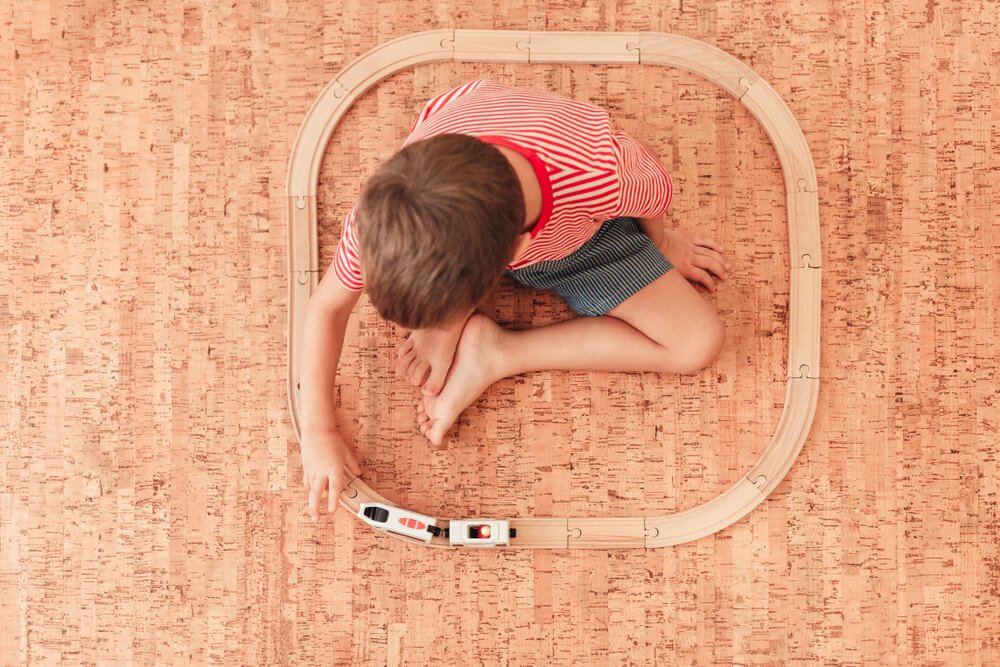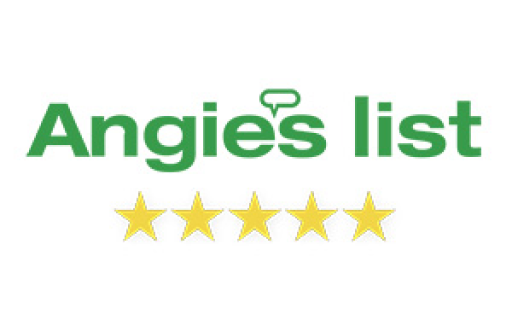Soft flooring has many uses and benefits for both commercial and residential properties, but the search can feel like information overload. If you’re in the market for soft flooring and need a quick rundown of what soft flooring options are available, you’re in the right place.
Soft Flooring Options Available
Carpet
Carpeting is the softest flooring out there. Carpets are made of fibers like wool or synthetic fibers like nylon and polyester provide maximum comfort for foot traffic. Carpets are great for homes with children because they offer a good deal of cushioning for play. Carpets are susceptible to damage from dirt and staining, but they’re also easy to clean if the need arises. In a commercial setting, carpet is notable for its versatility, practicality, and aesthetic value. Carpeting as commercial flooring can give your business a homey, comfortable feeling.
Cork
Cork flooring is another type of soft flooring that can work for both residential and commercial needs. Made with sustainable, natural materials, cork flooring offers a great deal of strength and comfort. Cork floors may resemble wood floors, but they’re very different from hardwood floors. Rather, cork is soft and airy, offering some give while still remaining strong. Cork floors come in two forms, generally speaking: glued-on tiles and click-and-lock floating planks. One great perk of cork flooring is that tiles can be replaced if irreparable damage occurs, setting cork floors apart from other soft flooring examples, which are generally harder to patch.
Rubber
Rubber flooring is great for a variety of uses, and it’s an excellent soft commercial flooring option for your business needs. Rubber flooring can be non-slip, waterproof, and extremely durable, making it great for kitchens and garages. Rubber floors can be made of natural and synthetic materials, and are great for people with allergies who need an alternative to carpeting – rather than trapping dust and other allergens, rubber floors can be easily cleaned. Rubber floors are also an excellent choice for the home, depending on your needs. Whether it’s a basement or garage, rubber flooring can bring more versatility to any space usually dominated by hard concrete flooring. One downside to rubber floors is that they can begin to give off odors if not properly maintained and cleaned. When in a commercial space, rubber floors offer unparalleled versatility and comfort for people working on them.
Vinyl
By far the least “soft” flooring option of all the others we’ve discussed, vinyl flooring makes up for its relative lack of give with the highest level of durability and cleanability. Vinyl flooring comes in many forms, and because it’s relatively easy to produce, it can come in a variety of colors and patterns. Vinyl flooring can mimic wood and other materials at a fraction of the cost, and it’s great for high-traffic areas of a home or commercial space. Most vinyl flooring is waterproof, too, meaning the subfloor beneath will be protected from spills of all sizes – it also means that the floors are antimicrobial, and if they’re cleaned and cared for properly, they can last for a long time before needing replacement.
Rely on Ozburn-Hessey for All Your Soft Flooring Needs
No matter your soft flooring needs, Ozburn-Hessey has the expertise to recommend and install the perfect soft flooring for your situation. Now that you know a bit more about the main types of soft flooring, why not give Ozburn-Hessey a call for a free estimate today?




